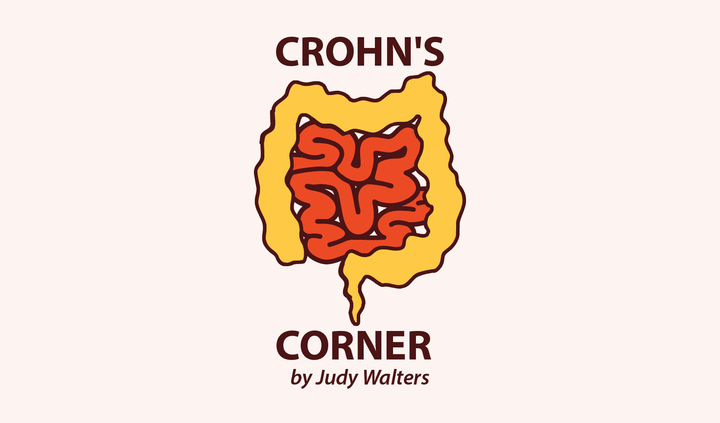
Last week I received a phone call from someone at the hospital where I see my gastroenterologist. She told me that another GI in the practice thought I would be a good candidate for his study. She then told me about the study, and what I would have to do. That would include going to their offices once a week for five weeks for physicals, rectal swabs, and blood work. She also told me about the medications I would have to take.
She was very excited when we went over my health history. I was exactly who they were looking for.
I was interested when we we first were talking, and I was excited because it sounded like a good opportunity to possibly help others. The study sounded sensible. As a patient who has failed everything I’ve tried, this would be a possibility of helping other patients like me, who also have failed with many of the same medications.
I did not consider whether the medication could help me or not. I hold the opinion that I’m probably not going to improve significantly from any medications at this point. However, by joining the study I could make a difference in other people’s lives, if not my own. As a Jew, I’m committed to making the world a better place, which is what we are taught we must do.
So, I should enter the study, right? My husband and I discussed it; we both agreed I would be helping others, and that the medications I would need to take wouldn’t harm me.
I was about to say “yes,” but I could feel myself resisting. I would need to drive about two hours one way (that’s how long it takes to get from my home to this doctor) every week, for five weeks straight. I could continue to take my own medication, but right now is kind of crucial. I’m about to change my own protocol for Stelara to see if it makes a difference, and if I did the study, would I be able to know if my new regimen was working, or if it was the medication for the study that was working? I looked at it all again, and had to admit to myself that I didn’t really want to do the study.
I feel guilty. Maybe I could be helping someone else. But I also have to consider my own parameters. Between the travel, commitment and my own current medical path, this wasn’t going to work out for me. I will email the researcher, who was so excited on the phone, and tell her I’m sorry, but I just can’t be part of the study. I know she’ll be disappointed.
Maybe someday a study that’s right for me will come along.
***
Note: IBD News Today is strictly a news and information website about the disease. It does not provide medical advice, diagnosis, or treatment. This content is not intended to be a substitute for professional medical advice, diagnosis, or treatment. Always seek the advice of your physician or other qualified health provider with any questions you may have regarding a medical condition. Never disregard professional medical advice or delay in seeking it because of something you have read on this website. The opinions expressed in this column are not those of IBD News Today, or its parent company, BioNews Services, and are intended to spark discussion about issues pertaining to IBD.


Last year I was invited to join a local study for UC. The previous month I had my routine colonoscopy and the study would require two more; at the start and end of the trial. On top of that I had only a 50-50 chance of getting the medication instead of a placebo. I asked whether I could try the drug on my own and was refused. I rejected the trial as being not worth the risk and effort, and yes, I know all about double blind studies being important.